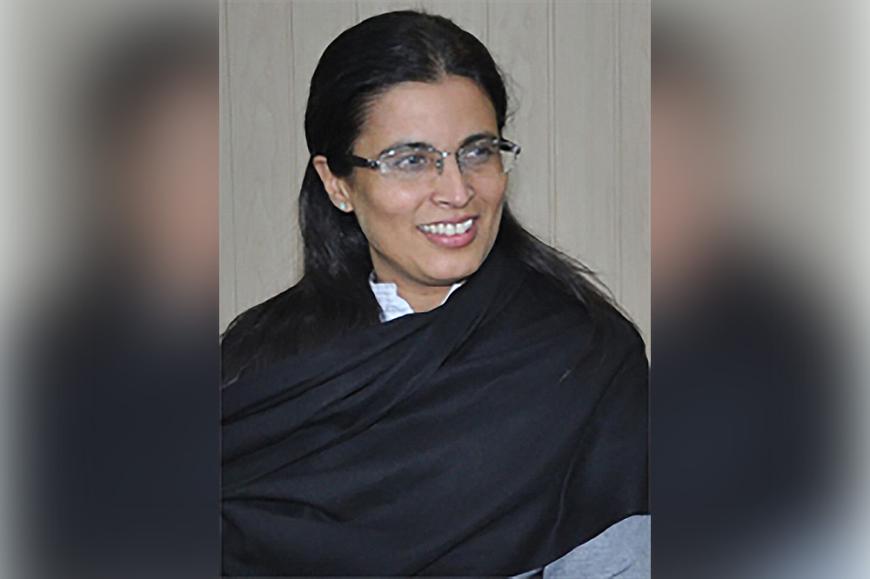Justice Ayesha Malik once delivered a landmark ruling declaring hymen and two-finger tests on sexual assault survivors as illegal in Pakistan.
Now she’s set to become the first woman to serve on Pakistan’s Supreme Court, replacing the outgoing CJP Mushir Alam who recommended her for the role and will retire on August 17.
If approved, Justice Malk would also have a strong chance of going on to later become Chief Justice of Pakistan by January 2030, marking another first for women.
Justice Malik’s nomination was approved by the Judicial Commission of Pakistan, with five votes in favour and four votes against, according to Dawn.com.
Following the Commission’s vote, a parliamentary committee will now consider the recommendation and is expected to make the approval required to finally see a woman take a seat on the Supreme Court.
Justice Malik’s candidacy was previously considered in September 2021. However, the Commission was split on whether or not to approve the recommendation, meaning she was at that point rejected.
She’s faced a challenging time getting this latest approval, with President Abdul Latif Afridi calling for the country to protest against her name being considered, claiming she was too junior and her appointment would see too many judges serving. The Pakistan Bar Council has also called for her name to be rejected and threatened its own boycott of the courts.
Appointed as a judge of the Lahore High Court in 2012, Justice Malik studied all over the world and in 2019 was appointed to lead the Committee for Protection of Women Judges in Lahore, aiming to address some of the abuse female judges were experiencing from lawyers in district courts.
Back in early 2021, Justice Malik delivered a 30-page judgment on virginity tests and invasive examinations of sexual assault survivors, declaring them “illegal and against the constitution”, and noting that they “offend the dignity of the female victim”. She wrote that such tests were discriminatory as they are only carried out on the basis of gender. In the judgment she also directed government officials to come up with new operating procedures that aligned with international practices and managed “sensitivity in the care of victims of sexual violence.” She also pushed for training and awareness programs on the issue.

